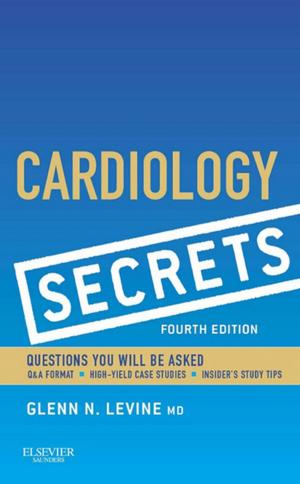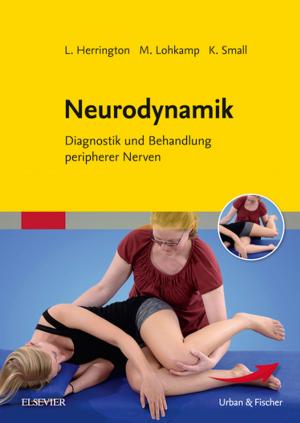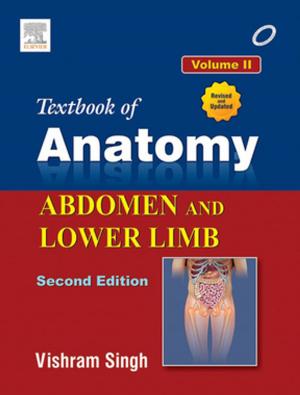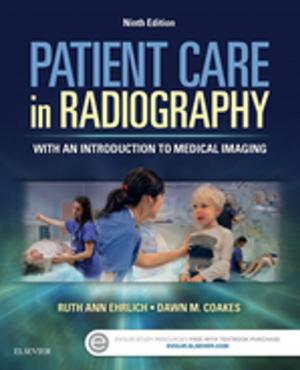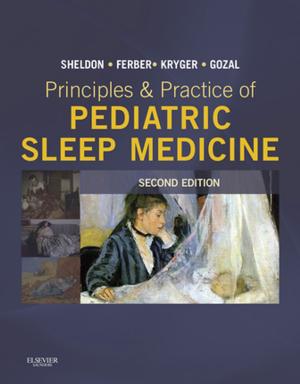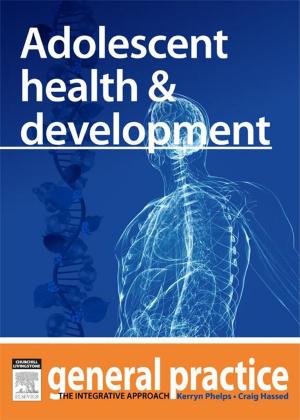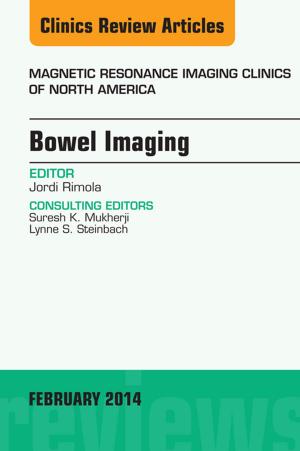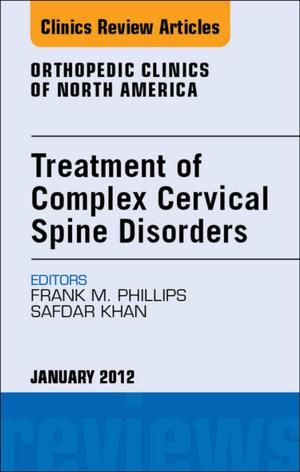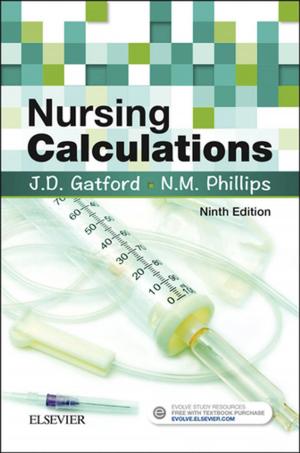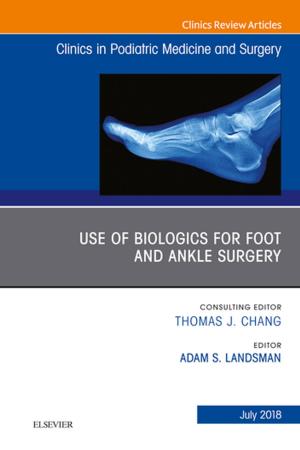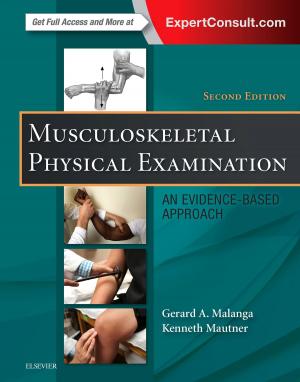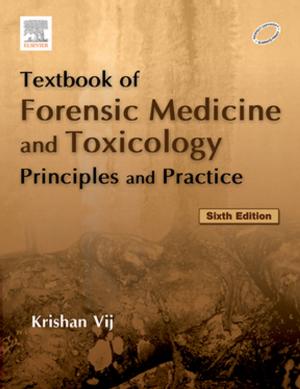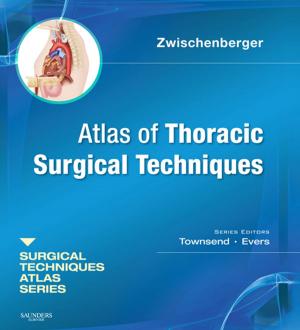Field Guide to Wilderness Medicine
Nonfiction, Health & Well Being, Medical, Ailments & Diseases, Infectious Diseases, Tropical Medicine, Specialties, Emergency Medicine| Author: | Paul S. Auerbach | ISBN: | 9780323169561 |
| Publisher: | Elsevier Health Sciences | Publication: | April 26, 2013 |
| Imprint: | Mosby | Language: | English |
| Author: | Paul S. Auerbach |
| ISBN: | 9780323169561 |
| Publisher: | Elsevier Health Sciences |
| Publication: | April 26, 2013 |
| Imprint: | Mosby |
| Language: | English |
Field Guide to Wilderness Medicine - based on Dr. Auerbach’s critically acclaimed text Wilderness Medicine - offers fast-access solutions to all of the medical situations that can occur in non-traditional settings. From backpack to kayak, or on any mobile device, this indispensable, compact survival guide is detailed enough to cover the clinical presentation and treatment of a full range of wilderness emergencies!
-
Meet a full-range of emergency situations with the utmost effectiveness. Appendices address everything from environment-specific situations to lists of essential supplies, medicines, and many additional topics of care.
-
Compare what you are seeing with line drawings and color plates to quickly and accurately identify skin manifestations, plants, poisonous mushrooms, snakes, spiders, insects, etc.
-
Rapidly retrieve and comprehend wilderness survival information with the aid of an easily accessible format featuring "Signs and Symptoms" and "Treatment" sections in most chapters - combined with bulleted lists and text boxes.
-
Improvise with available materials so you can diagnose and treat a myriad of medical situations with step-by-step how-to explanations and the latest practical advice from wilderness medicine experts.
-
Get guidance on the go with online access to the fully searchable text at Expert Consult, plus bonus downloadable files for Survival Kits.
-
Get the wilderness medicine skills you need now with new chapters on foot problems and care, global humanitarian relief and disaster medicine, Leave No Trace principles, and high-altitude medicine, as well as lists to prepare a variety of survival kits for different settings and patient populations.
-
Improve your competency and readiness with thoroughly revised chapters on shock, maxillofacial trauma, malaria, improvised litters and carries, aeromedical transport, pain management, life-threatening emergencies, and allergic reactions.
Field Guide to Wilderness Medicine - based on Dr. Auerbach’s critically acclaimed text Wilderness Medicine - offers fast-access solutions to all of the medical situations that can occur in non-traditional settings. From backpack to kayak, or on any mobile device, this indispensable, compact survival guide is detailed enough to cover the clinical presentation and treatment of a full range of wilderness emergencies!
-
Meet a full-range of emergency situations with the utmost effectiveness. Appendices address everything from environment-specific situations to lists of essential supplies, medicines, and many additional topics of care.
-
Compare what you are seeing with line drawings and color plates to quickly and accurately identify skin manifestations, plants, poisonous mushrooms, snakes, spiders, insects, etc.
-
Rapidly retrieve and comprehend wilderness survival information with the aid of an easily accessible format featuring "Signs and Symptoms" and "Treatment" sections in most chapters - combined with bulleted lists and text boxes.
-
Improvise with available materials so you can diagnose and treat a myriad of medical situations with step-by-step how-to explanations and the latest practical advice from wilderness medicine experts.
-
Get guidance on the go with online access to the fully searchable text at Expert Consult, plus bonus downloadable files for Survival Kits.
-
Get the wilderness medicine skills you need now with new chapters on foot problems and care, global humanitarian relief and disaster medicine, Leave No Trace principles, and high-altitude medicine, as well as lists to prepare a variety of survival kits for different settings and patient populations.
-
Improve your competency and readiness with thoroughly revised chapters on shock, maxillofacial trauma, malaria, improvised litters and carries, aeromedical transport, pain management, life-threatening emergencies, and allergic reactions.

